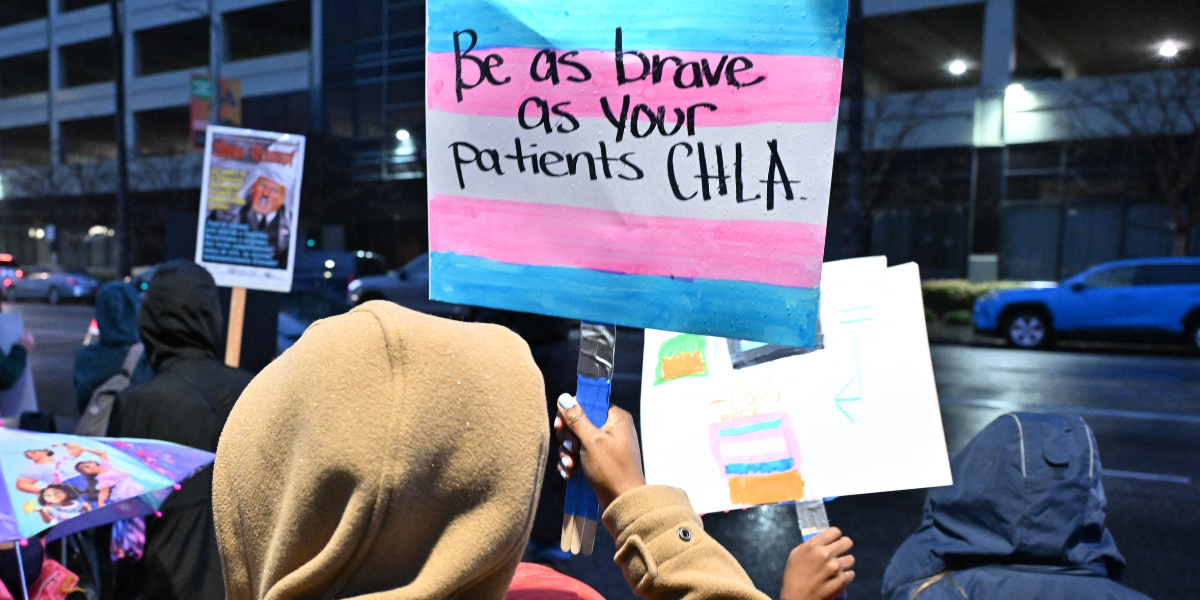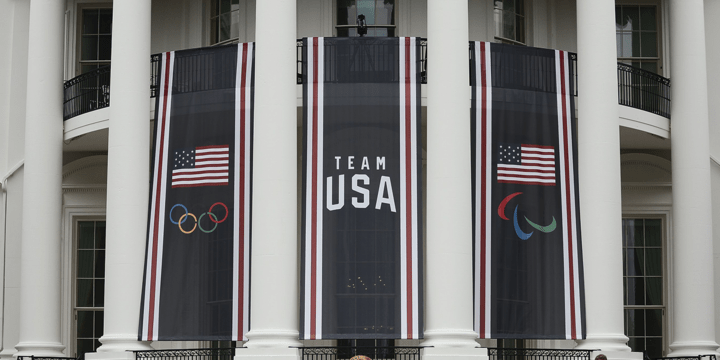With the many, many things that have been overwhelmingly awful in local, national, and global news, you may not have been thinking much about the fact that Neil Gorsuch was in fact successfully confirmed to the Supreme Court of the United States. He is now fully capable of participating in rulings and deeply impacting the legal landscape of the US for generations and perhaps even forever!
There are a few things on the Supreme Court’s docket, and Gorsuch’s vote on them means that there’s reason to be worried about how they’ll go. Already the “travel ban” from Trump’s administration has been partially enacted, as of today; it lasts for 90 days for citizens of “the six majority Muslim countries,” and 120 days for almost all refugees. From Vox:
Due to the Court’s ruling, the Trump administration will be able to bar citizens of Iran, Libya, Somalia, Sudan, Syria, and Yemen from entering the United States for a period of 90 days, and bar nearly all refugees from entering the US for a period of 120 days — but only if they haven’t already been issued a valid visa, and only if they don’t have a “bona fide relationship with a person or entity in the United States.” In practice, according to the ruling, that means that people coming “to live with or visit a family member” will be allowed into the US. So will people coming to study, teach, or speak at American schools or work for American businesses. Tourists from the six majority-Muslim countries who don’t have close family in the US will definitely be barred from entering.
It’s unclear how this interpretation will affect refugees; the court’s language depends upon a person’s “bona fide” relationship to a person or institution in the US, like a family member or employer. It’s unclear whether a refugee’s relationship with an agency working to resettle refugees counts as “bona fide” based on the language from the court. Of course, for the people that this law will affect, 120 days could easily be a matter of life and death.
This ban has been enacted despite its unconstitutional and Islamophobic fundamentals remaining unchanged; it will be reheard by the Supreme Court in October, but even if they decide against it then, the damage of it being enacted today will already have been done to many real people and real families all over the globe. No one will be safer as a result of it, and instead many people will be endangered and separated painfully from their loved ones. It’s hard to say what will happen or what things might look like when the court reconvenes on this issue in the fall; the government is supposed to be “review its vetting procedures” in the 90-day time period of the ban, and so we don’t know exactly what the court will be looking at when they rule.
There are also several other major cases coming up before the Supreme Court in the next year, some of which will deeply impact LGBT people. The case Masterpiece Cakeshop v. Colorado Civil Rights Commission dates back to 2012, and deals with baker Jack Phillips refusing to make a wedding cake for engaged couple David Mullins and Charlie Craig. Phillips believed baking the cake would violate his religious principles; “in court, Phillips’s attorneys argued that making him bake a wedding cake for the same-sex couple would be like forcing a black baker to make a cake with a white supremacist message.” The central question will end up being one of how we define religious freedom in context with the civil rights of others — as Vox explains, “If the Court ruled in favor of the Colorado baker, it would allow discrimination even in states where anti-LGBTQ discrimination is banned — as long as someone offers a religious reason to justify such prejudice. But if the Court ruled against Phillips, it would strike a blow against the claim that religious beliefs offer a legal pathway for discrimination.” A ruling in favor of Masterpiece Cakes would directly dovetail with Mike Pence’s personal crusade to enshrine conservative Christianity as legally empowered to harm LGBT people and other marginalized groups in the name of religious freedom.
Another “religious freedom” related case, Trinity Lutheran v. Comer, was just decided in favor of Trinity Lutheran. The case deals with how religious institutions can receive funding, a potentially huge issue. Trinity Lutheran school sued when the Missouri Department of Natural Resources said they couldn’t fund new rubber for the playground on the basis of the school’s religious identity. The fundamental legal disagreement is between phrasing in the Missouri state constitution that says “no money shall ever be taken from the public treasury, directly or indirectly, in aid of any church, sect or denomination of religion” and what the Trinity Lutheran school claims as their First and 14th Amendment rights — free exercise of religion and speech and equal protection under state law, respectively. The legal questions posed by this case are complicated, having to do with a lot of thorny issues about when religious institutions can ever expect state funds, what they can be used for, and what standards a religious institution should have to meet, if any. As Lambda Legal has pointed out, issues of funding also get at issues of religious “freedom” over others’ civil rights:
…any precedent allowing state funds to flow to religious institutions could be used to legitimize discrimination on religious grounds. In LGBTQ-advocacy group Lambda Legal’s amicus brief, for example, the organization argued that “There should be no possibility that a child and her same-sex parents are fenced out of Trinity, left to gaze at a publicly funded playground they may not enter, as its use is reserved solely for children from preferred religious tradition as a place to play and pray. The fence belongs instead precisely where Article I, § 7 erects it: separating Church from State.”
It’s a complex case, and as Vox puts it, the “longer-term implications of the Supreme Court’s decision are, as yet, unclear.” It’s likely going to be an important part of the snowball of religious freedom legislation that’s been rolling toward us for some time now, getting ever larger and harder to stand in the way of, and is more than worth keeping an eye out.
SCOTUS decisions are some of the most fraught and frustrating to follow; in a time when many of us are desperately calling senators’ offices and protesting in an attempt to influence whatever we can, the Supreme Court is totally out of our control, and its decisions will outlive many of us. Although the executive branch of government can’t directly influence SCOTUS rulings, a president’s administration does influence public sentiment, and the Supreme Court has consistently interpreted the law by taking into account the country’s current cultural climate. Earlier this year, SCOTUS punted trans teen Gavin Grimm’s case back to a lower court after Trump signed an executive order reversing President Obama’s Title IX safeguards for trans students. Trump and his administration will continue to indirectly shape the Supreme Court’s inevitably generation-defining decisions not only in choosing who to attack, but also in choosing who not to protect.







